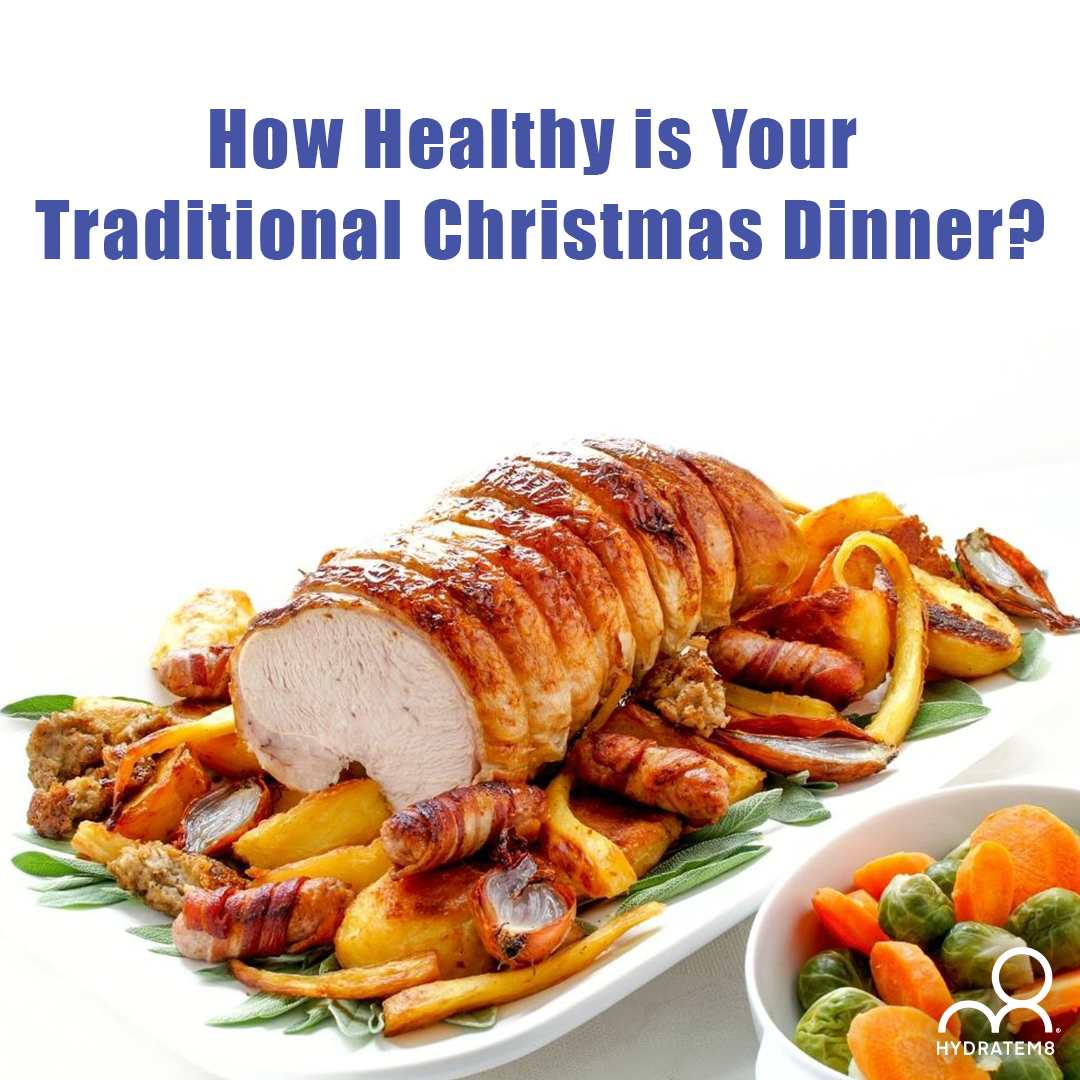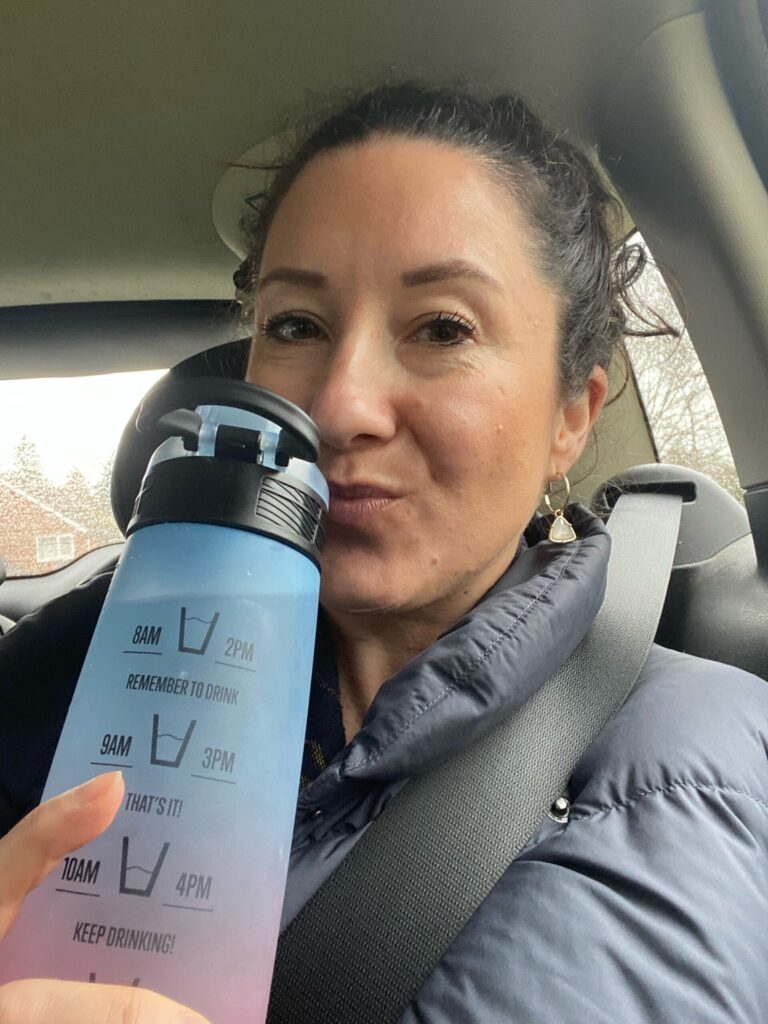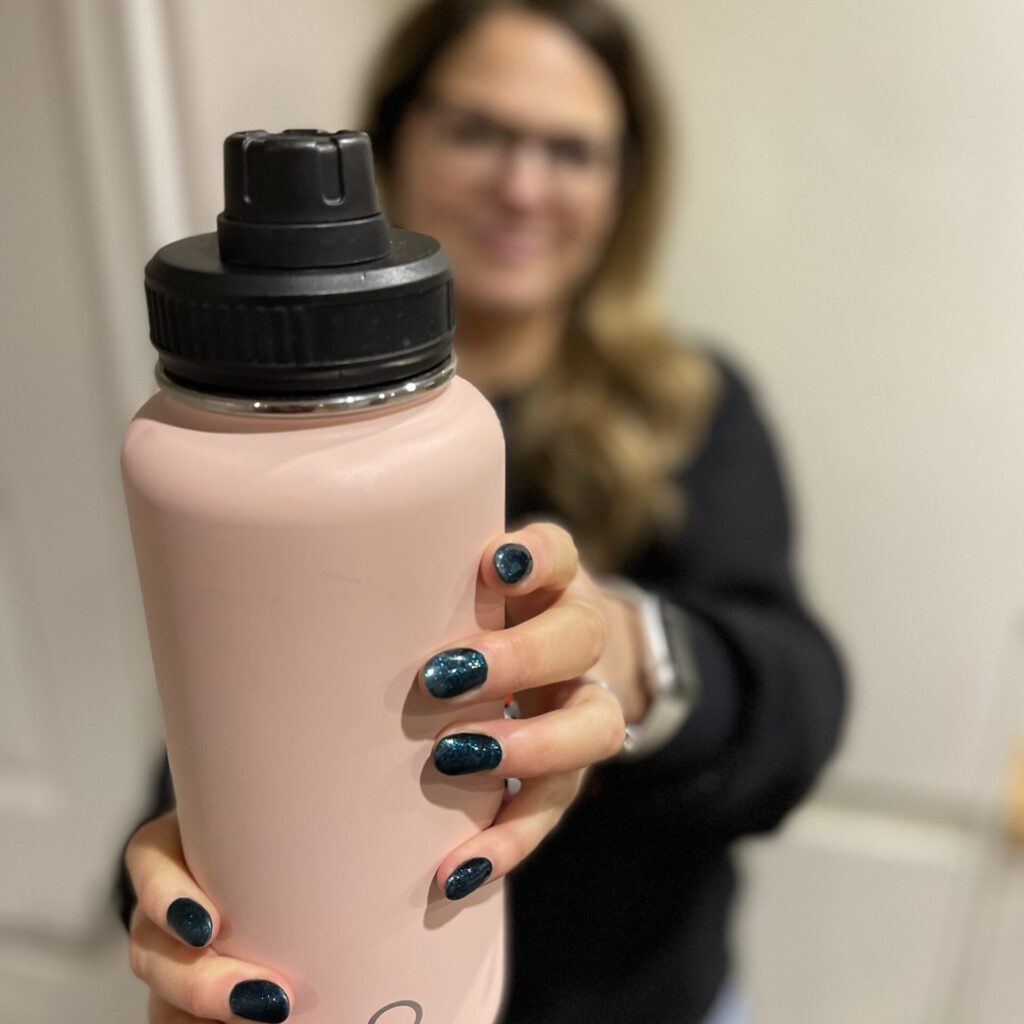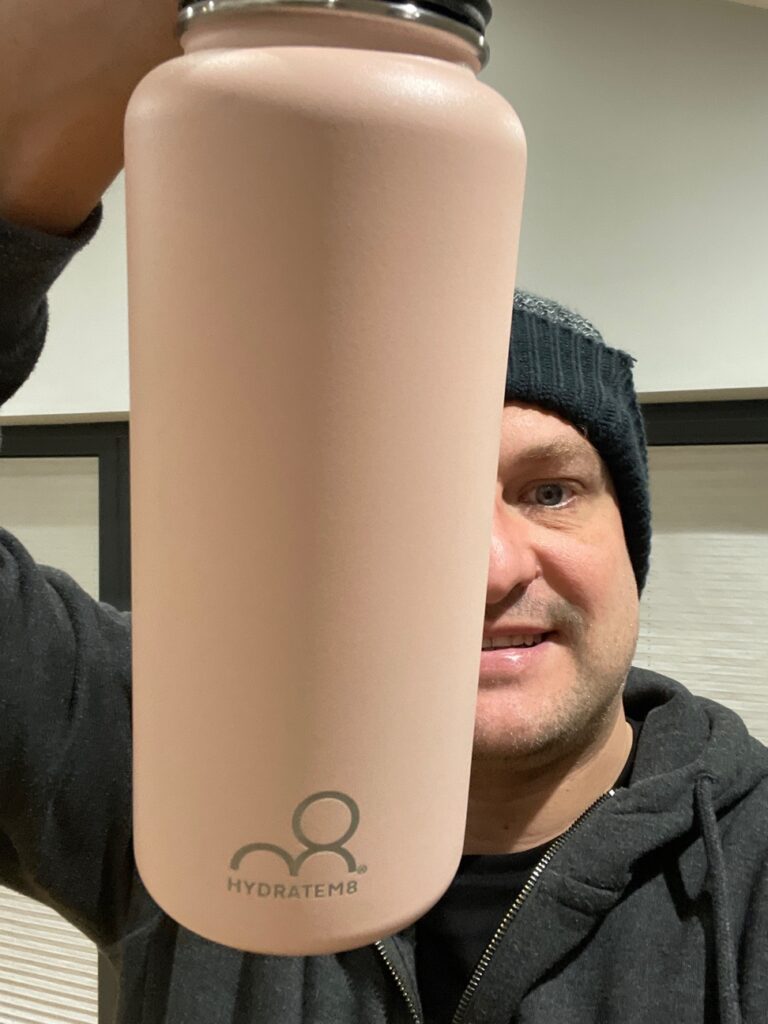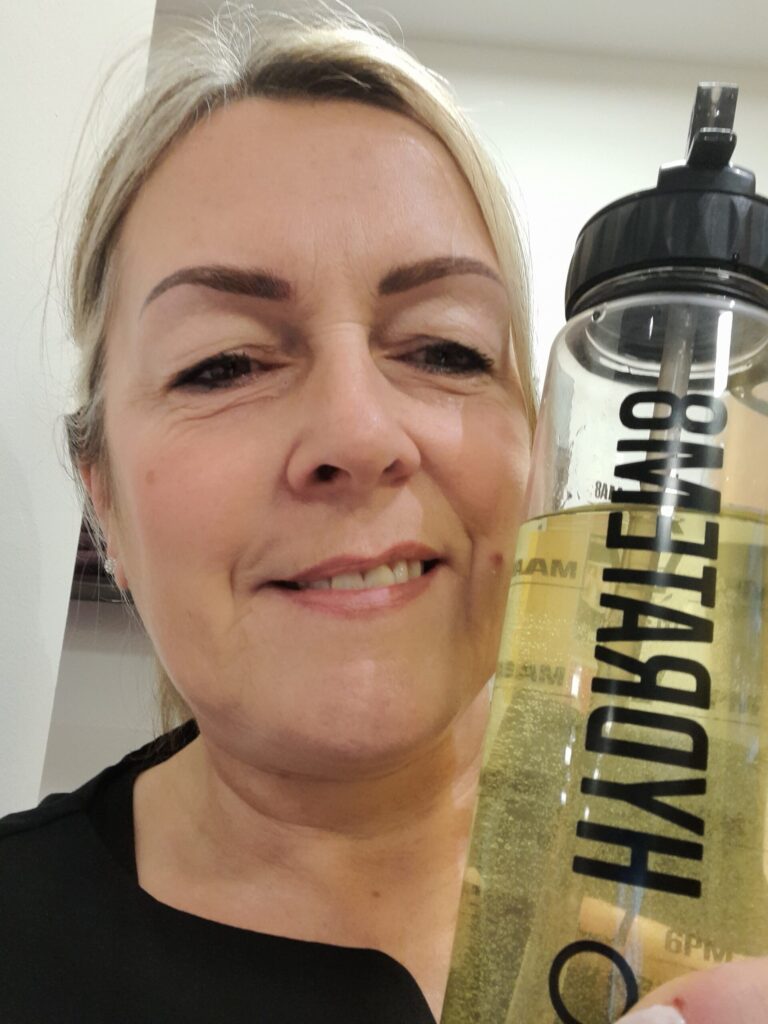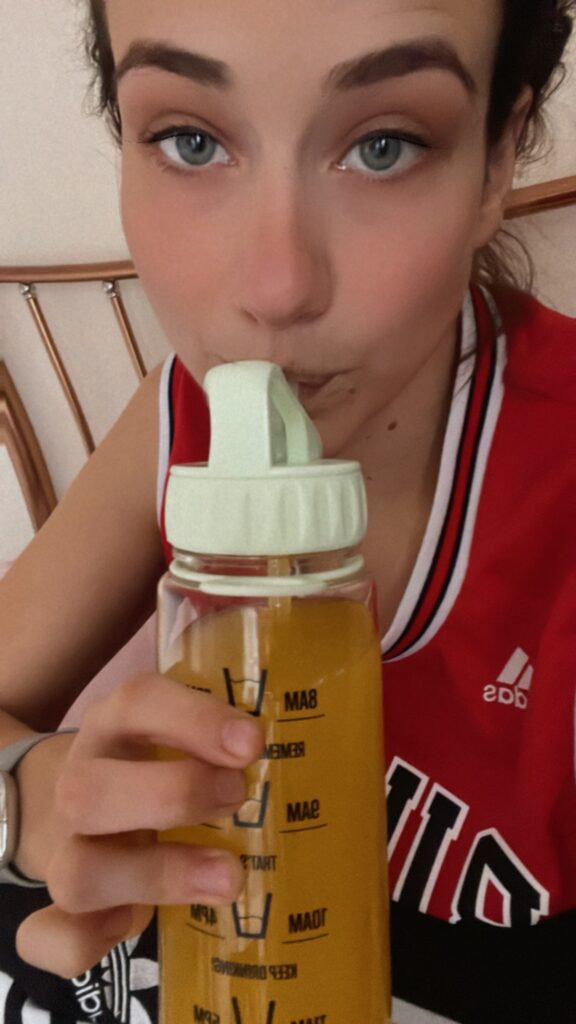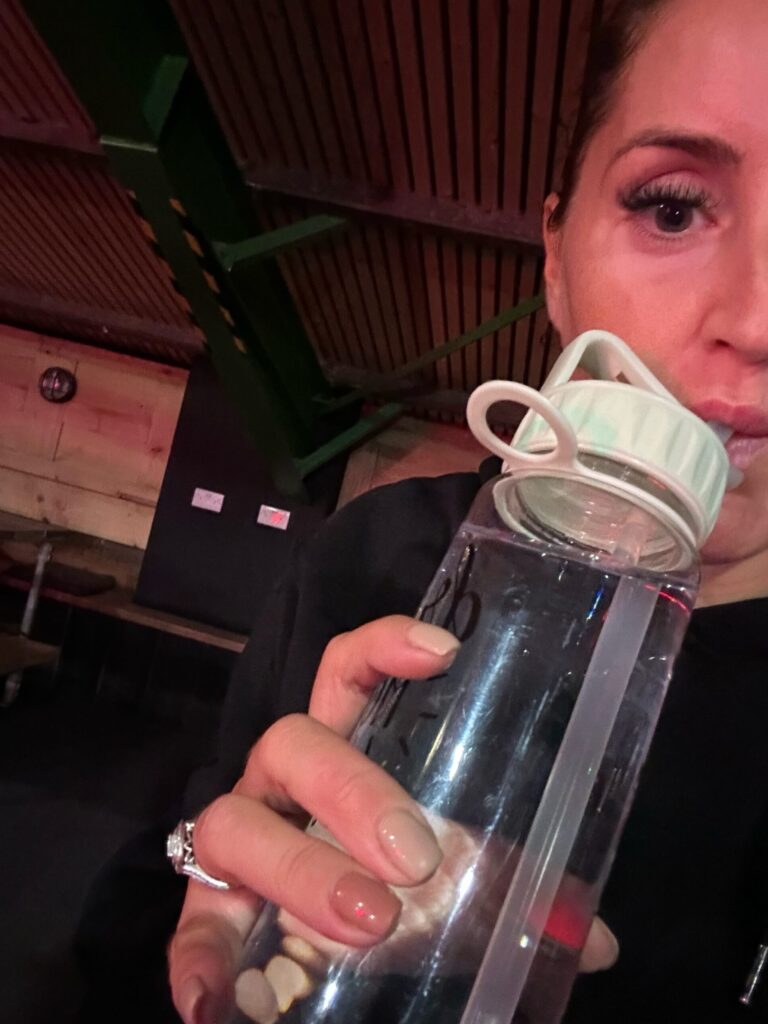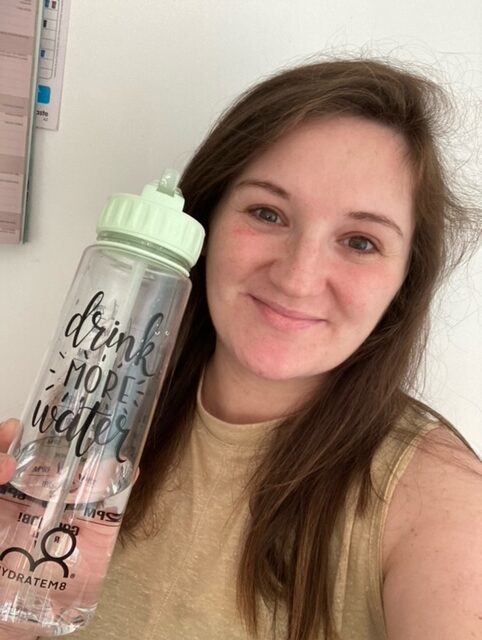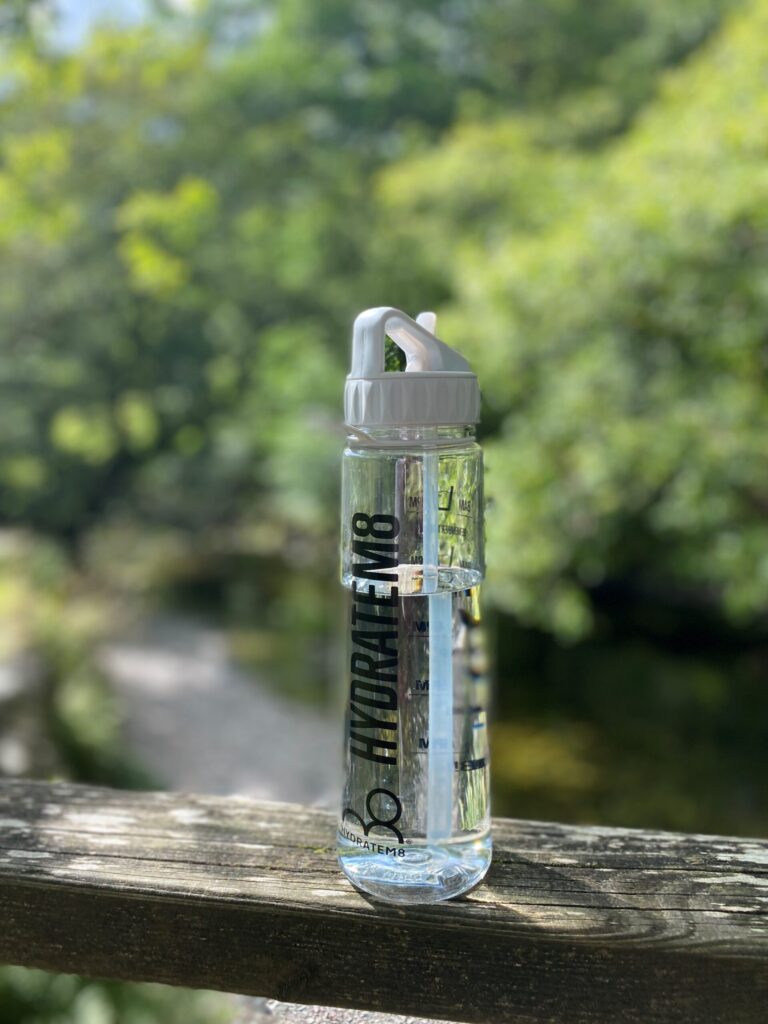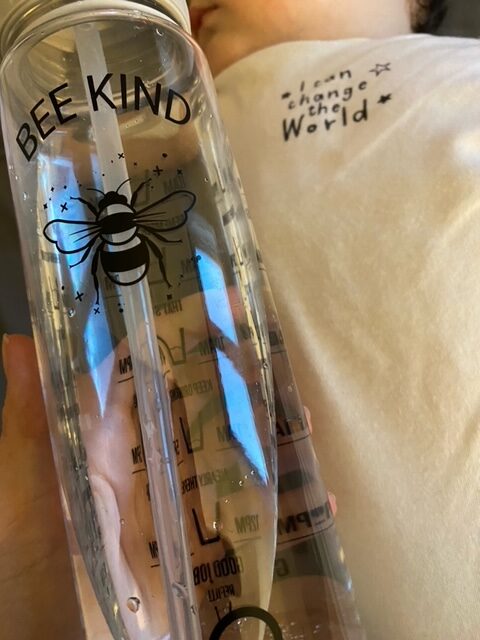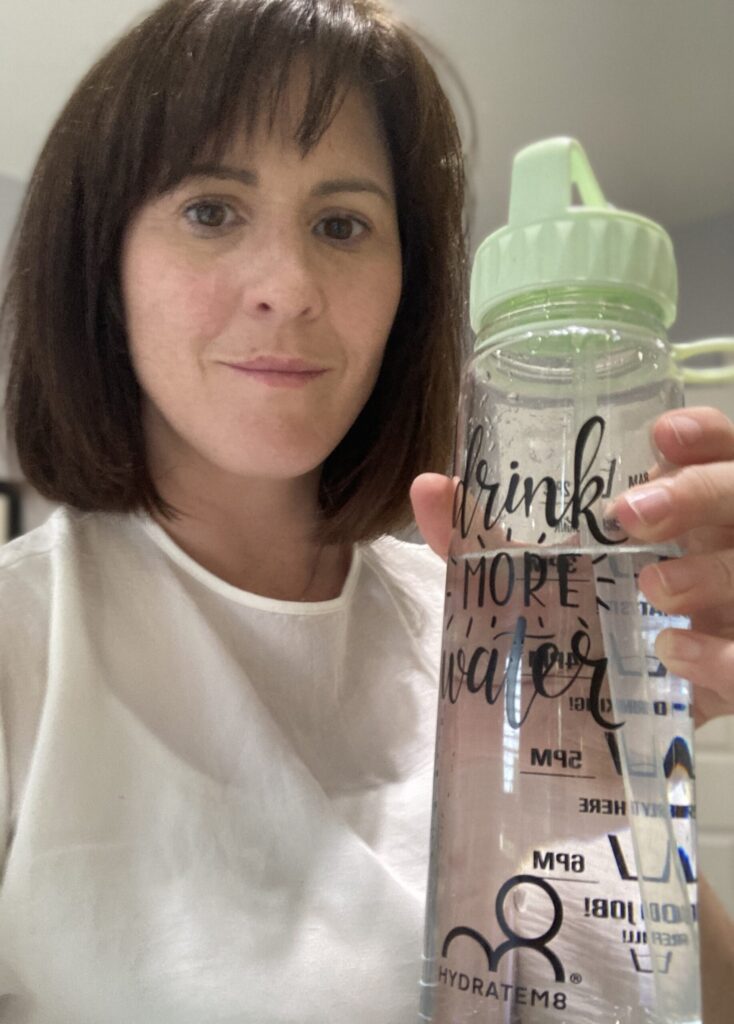Christmas dinner is the one meal where we all like to overindulge but just how healthy is it?
Turkey
Turkey is a nutritious option for your Christmas lunch, not only is it low in fat but it’s also high in protein. Perhaps surprisingly, it contains less calories per slice than chicken, too. So, if you’re looking for an almost guilt-free centrepiece on Christmas Day, then choose the traditional turkey and opt for the white breast meat, over the brown meat found on the legs.
Roast Potatoes
Roast potatoes are the side dish that fill people with dread, especially if they’re watching what they eat. The problem is, no Christmas dinner would be complete without them. If you’re looking for a healthier way to cook your roasties, you can make some changes such as using yellow potatoes rather than red. These varieties have a lower glycaemic index, that means these foods cause your blood sugar levels to rise and fall slowly. They can also leave you feeling satisfied for longer. You can improve the fat content of your spuds by cooking them in rapeseed oil rather than animal fat.
If you really can’t resist, then maybe cut down on the number of roasties you have with your Christmas Dinner. Or if you prefer, jump on the trend and switch to sweet potatoes.
Brussels Sprouts
Brussels sprouts are a nutritious addition to any Sunday lunch, but they almost certainly make an appearance at most tables on Christmas Day. They look like mini cabbages and are full of many nutrients, especially vitamins K and C as well as fibre.
Sprouts also contain antioxidants, compounds that reduce oxidative stress in the body, lowering the risk of disease. The high levels of these compounds found in these delightful, green veggies could help protect you against cancer. If you’re not keen on their flavour, you can try adding accompaniments or pan frying rather than boiling.
Carrots
Remember as a kid, your parents would tell you that if you eat your carrots, you’ll be able to see in the dark? Although they won’t necessarily make you see in the dark, they are a highly nutritious vegetable, packed with vitamins and minerals that will help keep your body healthy.
In terms of your vision, carrots are a rich source of beta carotene which your body converts to vitamin A and it’s this nutrient which promotes good vision. They also contain many other B vitamins, potassium, and vitamin K.
Peas
Who doesn’t love peas? Peas are not technically a vegetable but a legume and so belong in the same family as chickpeas, beans, and lentils. They’re a rich protein source as well as having a high iron content and B vitamins. You only need an 80g serving to achieve one of your five-a-day and there’s not a lot of difference between fresh and frozen peas nutritionally.
Gravy
Rather than the traditional gravy granules, why not switch for a homemade turkey gravy to accompany your Christmas meal. Remember though that gravy tends to be high in calories, so portion control is key.
Overall, Christmas dinner comes around just once per year and it’s the perfect time to indulge but if you are looking for healthier ways to enjoy your festive dinner then there are a few changes you can make. Either way, enjoy!

